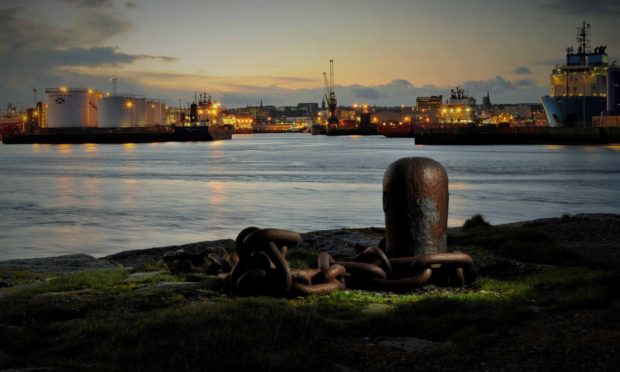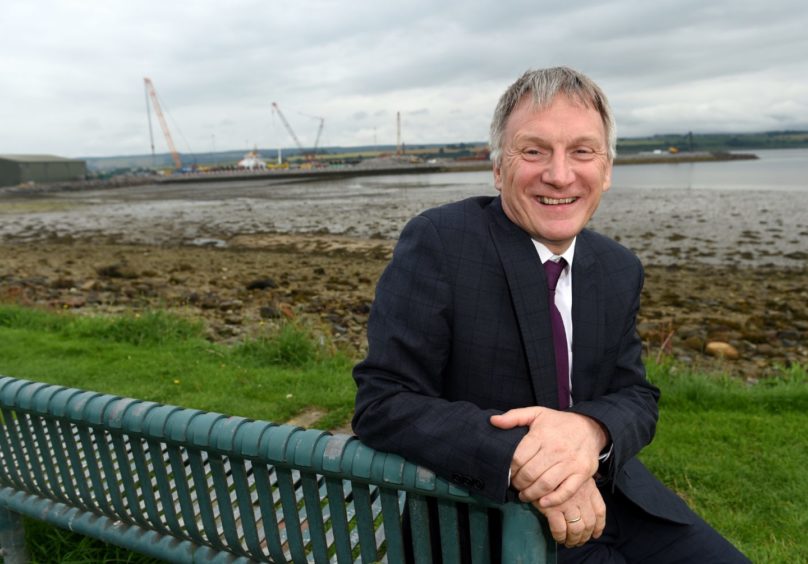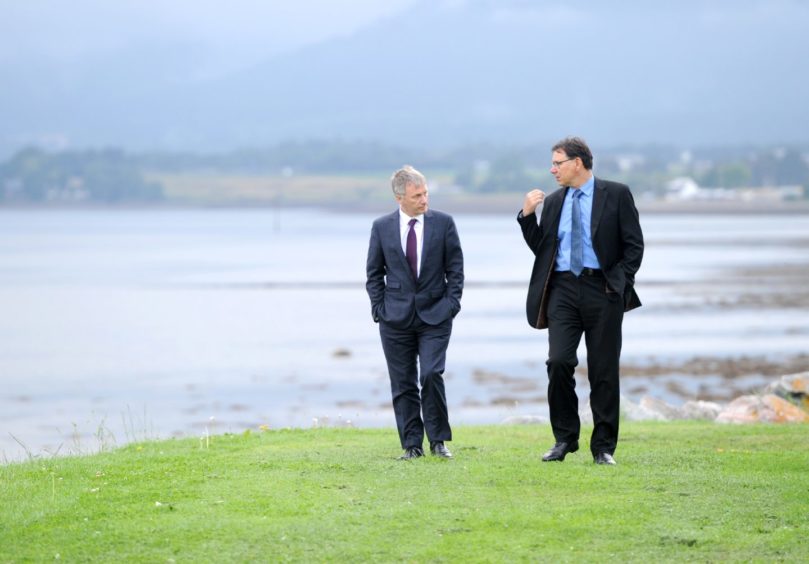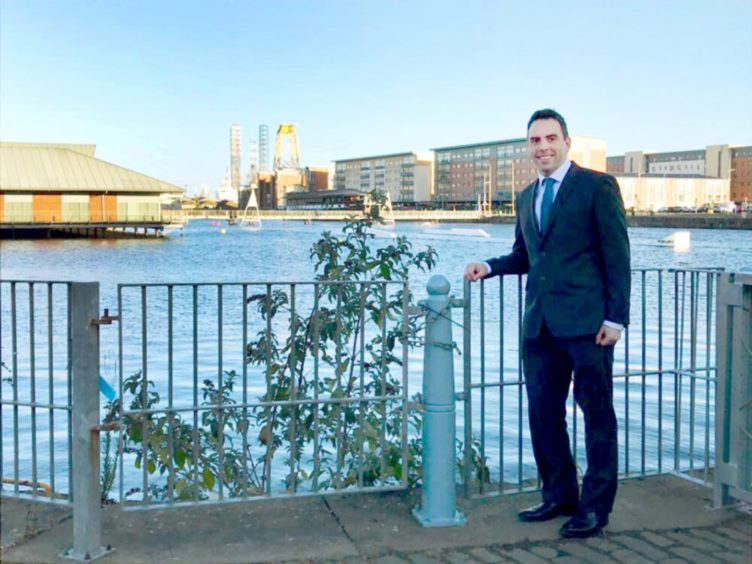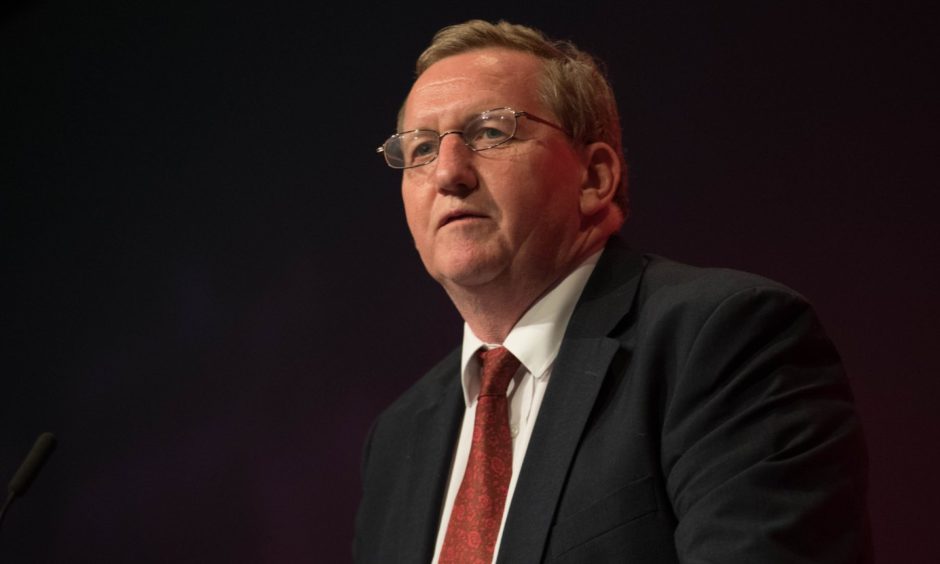Scottish ministers have announced plans to establish Scotland’s first green freeports in a “screeching U-turn” that could attract major new investment and jobs.
Freeports, which have special status that allows companies to defer paying tax or owe none at all if they make products on-site, are already planned in England in a bid to encourage more trade and mitigate the economic harms of Brexit.
The Scottish Government has confirmed it now plans to adapt the UK model to establish “fair, sustainable, green ports” with a streamlined planning process and a package of tax and customs reliefs.
A Scottish model
Scotland’s model would make it necessary for operators to pay the real Living Wage, adopt the Scottish Business Pledge, commit to supporting sustainable and inclusive growth in local communities and contribute to Scotland’s just transition to net zero.
The plans were announced on Thursday by trade minister Ivan McKee, who will hold discussions with the UK Government next week.
But opposition parties described the move as a “humiliating climb-down for the SNP” after party members backed a resolution at last year’s conference stating freeports were “entirely at odds” with economic recovery plans.
Mr McKee said in October it was hard to escape the conclusion that freeport proposals had been “pulled out as a shiny squirrel” to draw attention away from Brexit, while Nicola Sturgeon said they may represent “low-cost, low-wage, low-value opportunities”.
Announcing the Scottish Government’s position on Thursday, Mr McKee said the reputation of freeports across the world is “mixed, with concerns about deregulation and risk of criminality, tax evasion and reduction in workers’ rights raised”.
This could lead to new jobs, investment, and make Montrose the beating heart of the north east economy.”
Braden Davy
He said it is not a model the Scottish Government could sign up to and that freeports “cannot and will not undo the damage being caused to Scotland’s economy by the UK Government’s decision to take us out of the EU, the world’s biggest single market”.
Mr McKee said ministers instead propose to take the existing freeport model and apply Scottish priorities to create an “exemplar” that helps deliver net-zero emissions and fair work principles, alongside supporting regeneration and innovation ambitions.
Jobs and investment opportunities
The UK Treasury wrote to Mr McKee last month to outline how the freeports plan could “greatly benefit the people of Scotland” and several sites – including Aberdeen, Dundee, Montrose, Rosyth and Cromarty – are keen to enjoy freeport status.
Bob Buskie, chief executive of the Port of Cromarty Firth, speaking on behalf of Opportunity Cromarty Firth, said the group is “delighted” the Scottish Government has given the green light to freeports.
“This will ensure ports are able to compete on a level playing field with their counterparts in the rest of the UK and help the Scottish ports sector play a full role in delivering a green economic recovery,” he said.
Mr Buskie added that the Cromarty Firth is “ideally placed to become a sustainable, fair greenport” as it is positioned at the heart of a host of multibillion-pound renewable energy projects, including offshore wind and green hydrogen.
Councillor Braden Davy, who introduced a council motion supporting Montrose’s bid to become a freeport, which was also supported by SNP councillors, welcomed the Scottish Government’s decision.
He said: “This could lead to new jobs, investment, and make Montrose the beating heart of the north east economy, and we will now redouble our efforts to support this work in Angus.”
Dundee City Council leader John Alexander, an SNP councillor, confirmed in December that his party’s opposition to freeports would not affect the city’s chance to bid for one.
Stuart Wallace, chief operating officer at Forth Ports, argued the city has “opportunities to meet many of the success factors of the proposed freeports policy” and said work is ongoing to assess the potential benefits to Dundee and the wider area.
Scottish Conservative economy spokesman, Maurice Golden, said the “screeching U-turn” from the Scottish Government was very welcome and “it seems they have finally realised that businesses are desperate to reap the benefits from freeports”.
“The Scottish Conservatives and UK Government have said for months that the SNP should stop playing politics and start working constructively to take these proposals forward,” Mr Golden said.
“Yet again, the SNP treated business as an afterthought. They ignored the benefits to make political points and only now have they finally backed down.”
A race to the bottom
However, the Scottish Greens warned the government’s new position could be harmful for existing environmental protections.
The party’s environment spokesman, Mark Ruskell, said that simply calling a freeport ‘green’ doesn’t guarantee environmental and workers standards, and “presents a real risk of greenwashing a deregulated race to the bottom”.
He said there is no detail of the environmental standards ports will be expected to uphold and some proposals, such as a new gas-fired power station in Grangemouth included by Forth Ports in its submission, “could hardly be described as green”.
Scottish Labour‘s economy and jobs spokesman, Alex Rowley, said his party would work with the Scottish Government to create through any possible means the quality green jobs “Scotland desperately needs”.
“While we welcome this policy on pay, we need a strong commitment from ministers that they will work with trade unions and provide further guarantees that pursuing free ports will not lead to a race to the bottom on workers’ terms and conditions,” he said.
“We cannot allow this programme to be another example of SNP rhetoric on green jobs failing to match the reality.”
